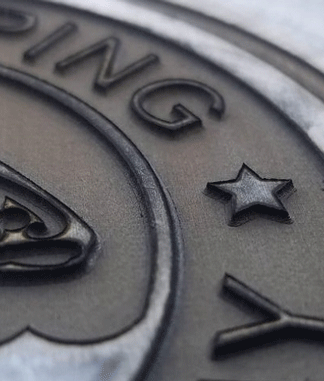Going to rehab for the first time can be quite intimidating. After deciding to quit an addiction, going to rehab should not stress you out. You can consult Portland’s top recovery center about what to expect when entering a drug and alcohol rehab program. This article will detail what to expect in a rehab center to keep your mind at ease. It will list the most common features present in many rehab centers.
Your rehab experience will be determined by the facility you check into. These are the common type of rehabs, and a short description of the treatment offered there.
Long Term Residential Treatment
If you check into a long residential treatment facility, you can expect 24-hour care in an inviting and calming environment. These drug rehab treatment center and alcohol rehab residential treatment centers usually have programs that range between six and twelve months. You can expect to socialize with the staff and other patients during group therapy, individual therapy, and mental health and nutrition education programs.
Short Term Residential Treatment
Short-term treatment centers are structured along with the 12-step addiction recovery approach. Although it was originally designed for patients suffering from alcohol dependence disorder, it has been adapted to treat other types of substance use disorders. Even though most people stay in rehab for 30 days, the National Institute of Drug Abuse recommends that patients spend at least 90 days in treatment.
The treatments usually last between three and six weeks in the inpatient program, followed by support groups and outpatient therapy. Aftercare therapy ensures that patients do not navigate the world alone and are not at high risk for relapse.
Outpatient Treatment
Outpatient treatment is recommended for patients whose substance use disorder is not yet chronic. You can expect to live at home and have regular appointments at the treatment center throughout the week. Patients attend the same therapy sessions as those undergoing inpatient programs. If you prefer outpatient therapy, you can contact EHN online treatment in Canada. They provide online therapy and counseling
Checking Into Rehab
When checking into a Drug and alcohol rehab center, you can expect an intake interview that helps staff members discover more about you. You will be required to answer questions about your lifestyle and substance use. They will want to figure out how much of the substance you consume on average, your primary address, whether you live alone, your employment status, and your medical and criminal history. This information is used to customize your treatment plan as necessary.
Even though discussing your life choices can be challenging, it is important to answer all questions honestly. Accurate answers will help the staff develop a treatment regimen best suited to you and your needs.
The Detox Process
After checking in, you will undergo a detox process to remove drugs and alcohol from your body after chronic dependence. The detox process can be particularly challenging, but it is essential to rid your body of these substances to prepare you for your recovery’s mental and physical work.
The higher the potential for dependency (e.g., heroin, benzodiazepines, morphine, or alcohol) of the substance being abused, the tougher the withdrawal process for a heavy user that quits suddenly. Where the withdrawal symptoms are very severe, the medical staff at the rehab center will administer medication to provide relief.
Group and Individual Therapy
Rehab centers use group and individual therapy sessions to ensure that patients recognize their triggers and remain true to themselves throughout the healing process. Individual sessions are important to help you take an honest look at your disorder and the effect it has had on your life. Your therapist will help you adopt positive ways of dealing with triggers that push you towards substance use. Therapy is employed in many forms. The most popular techniques for treating addiction are motivational interviewing and cognitive behavioral therapy.
Motivational interviewing helps patients find the headspace necessary to keep working on their recovery. Your therapist will ask you why you want to stop drinking or how substance use disorders have affected your life. They will help you resolve the ambivalence that most people feel when starting with recovery. It is the best way to solidify your goals and renew your motivation to avoid relapse.
Family Counseling
Research shows that including family and friends in the recovery process improves rehab outcomes. Thus many rehabs have incorporated friends and family into the recovery program. It offers a safe space for everyone to share their experiences and communicate important issues like how loved ones can often trigger, enable or contribute to a patient’s substance use disorder. Your family and friends will also learn how to support you once you leave the inpatient program.















